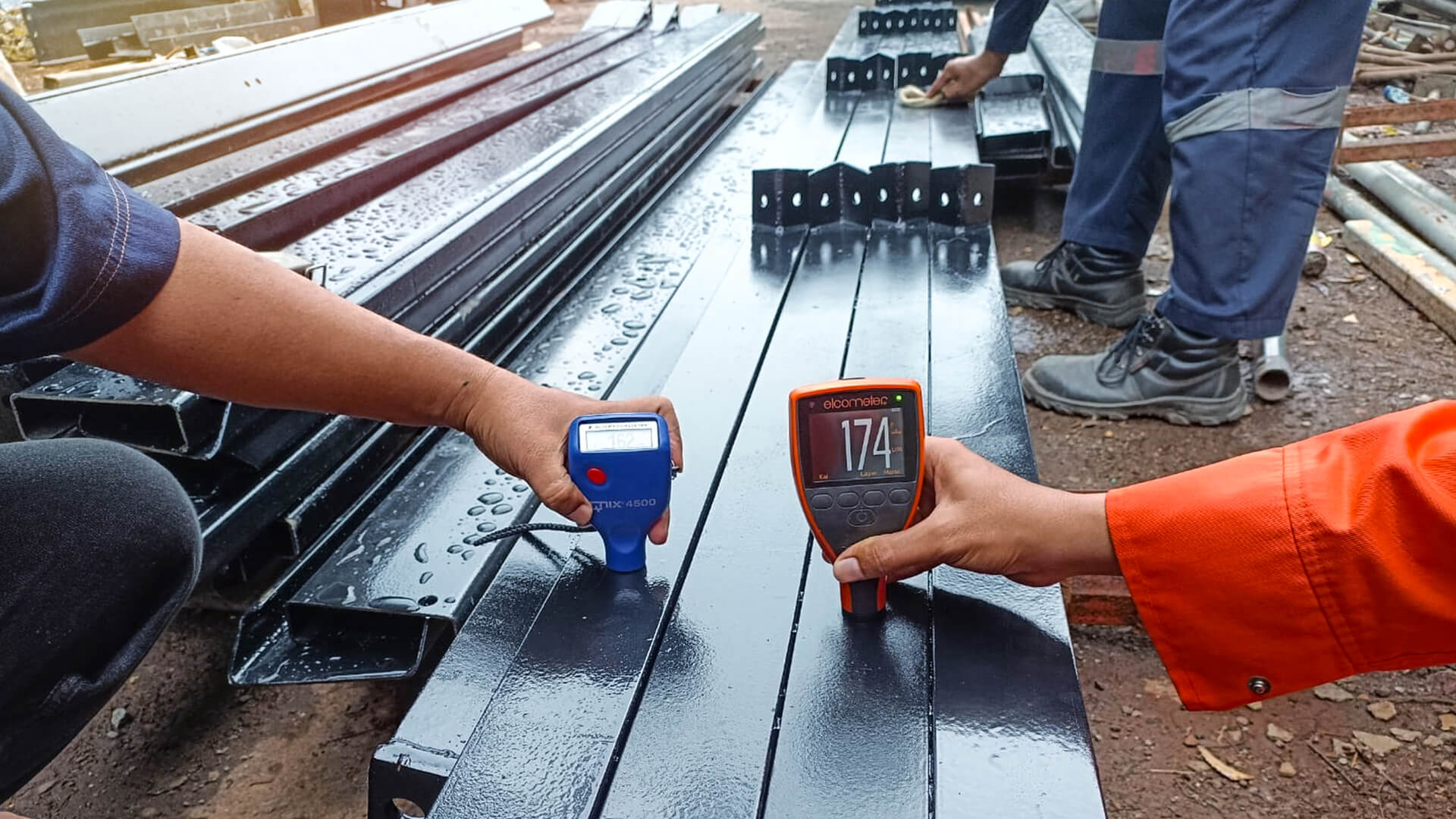


Get to know us better! Download our company profile to explore our expertise, services, and success stories. Stay informed about how we can add value to your business.

Magnetic Particle Inspection (MPI) is a non-destructive testing method used to detect surface and near-surface flaws in ferromagnetic materials.
It works by magnetizing the material and applying magnetic particles, typically in the form of a dry powder or a wet suspension, to the surface.
If there are any defects present, such as cracks or discontinuities, the magnetic particles will be attracted to and accumulate around these areas, making the flaws visible under proper lighting conditions.
MPI is commonly used in industries such as aerospace, automotive, manufacturing, and construction to ensure the integrity of critical components like welds, castings, and forgings. It is a highly effective technique for identifying defects quickly and accurately, contributing to the safety and eliability of various structures and equipment.